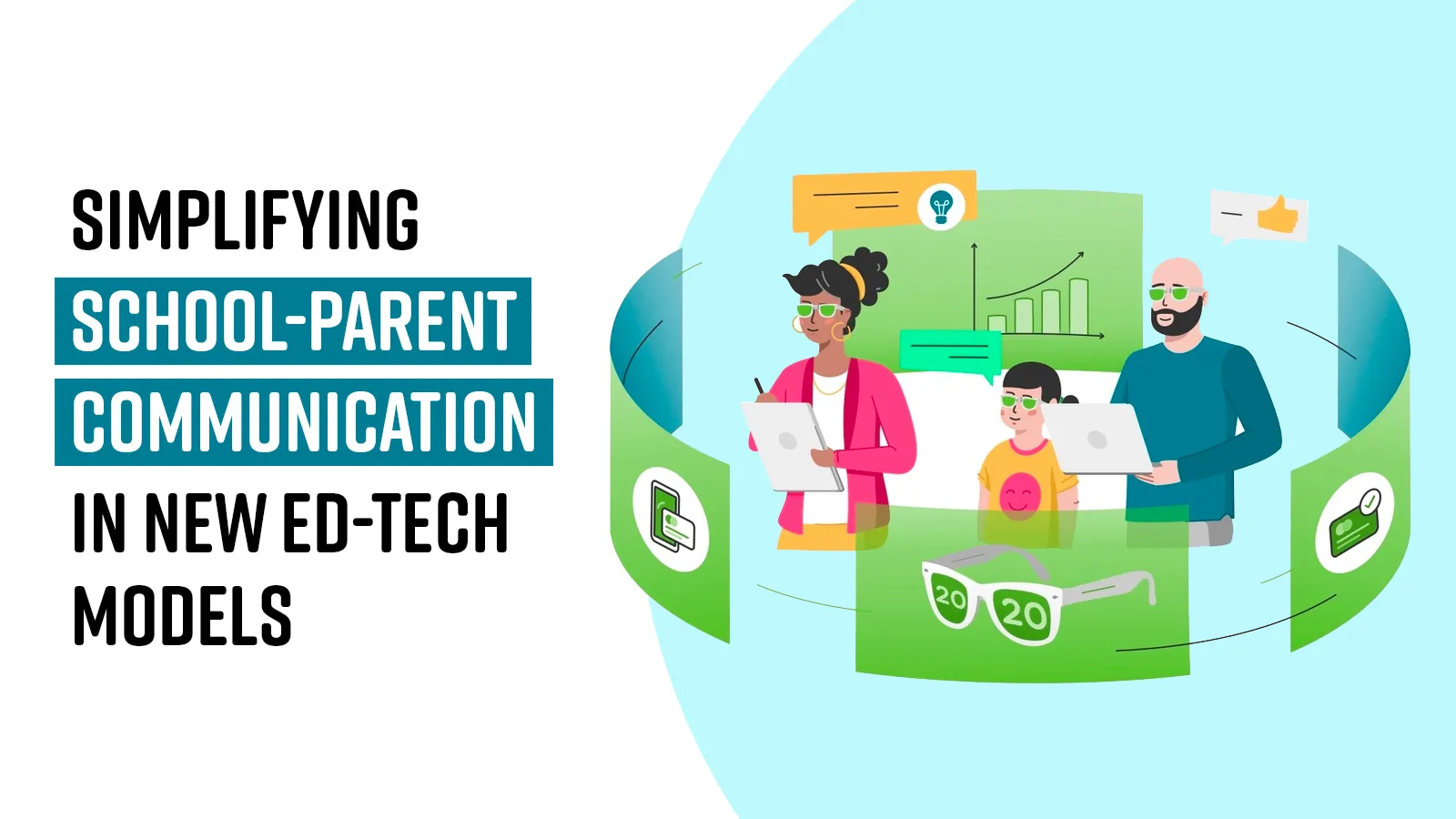Effective communication among various stakeholders in the education ecosystem can have a positive impact on students’ achievements. But, Parents have faced multiple communication challenges with school in the remote learning model. Only 30% of the parents, whose kids received online instructions, are very satisfied with the way school handled communication, according to the Pew Research survey. In this article, we list the key challenges to parent-teacher communication and ways to overcome them.
Challenges and Recommendations
Limited time & capacity
Effective engagement with parents gets hindered when they struggle to combine their professional and personal obligations. This becomes especially challenging for single parents and full-time working parents who have either young children or multiple children. Some parents also lament the diversified platforms or varying systems used in schools.
Recommendations
- Flexible communication schedules can help meet parents’ requirements such as time constraints.
- Online survey tools can help schools learn about parents’ availability and time constraints. They can help schools collate responses from parents and turn them into actionable programs.
- Virtual meeting tools such as SchoolCloud Parents Evening can arrange for staff-parents meetings virtually.
- Consider investing in an app for parents if your institution has not done that already. Such apps enable parents to receive instant updates on mobile without accessing their inbox.
- Use of chatbots, mobile apps, websites can be used to support communication with parents. Emerging technologies such as Artificial Intelligence, Augmented Reality- Virtual Reality, and 360-degree imagery are efficient tools.
- Quality over quantity of communication will help get focussed and positive attention from parents.
Varied level of Education amongst parents
The confidence of parents in supporting their children at home varies with their education levels. Parents schooled beyond high school feel more confident and prepared to support children in remote learning with ed-tech tools. A recent study from the Netherlands highlights that less-educated parents could be less supportive of their children in remote learning, and the reason is partly that they feel less capable of helping them. Such parents also represented a negative attitude towards learning themselves thus hindering communication in online systems.
Recommendations
- Getting to understand and know parents will help schools open channels of communication.
- Encouraging open dialogue during parents’ evenings or review meetings will help build trust among parents.
- Giving 1:1 reassurance that the goal of the school is to work collaboratively will help parents in supporting interactions better.
- Easy Instructional resources such as short videos, sample answers, and visual instructions could help brief parents in assisting in-home learning.
Lack of Internet access & digital skills
20% of the LearnLab surveyed students in 22 school districts of Kansas City had no access to the Internet. This not only makes them miss the opportunity of virtual learning but also leads to a divide in parents’ experience. Such families often remain disconnected from the school and have under-representation among parents’ sentiment feedback.
Similarly, the Ofcom report shows that 9% of the UK students had no access to a computer device at home and over 880,000 live in houses without an internet connection. Parents’ lack of digital skills is another barrier that makes them feel incapable of supporting online instructions from schools.
Recommendations
- Reducing the need for home connectivity can help bridge the digital divide.
- Making instructional materials downloadable will help parents who lack internet access but have mobile devices.
- Continuing to maintain paper-based communication will ensure inclusivity for those who lack devices.
- Getting educational channels that deliver instructional content and assistive technology could help parents support their children better.
- Coaching parents on ed-tech tools through orientation and forging partnerships with ed-tech providers can also help ill-equipped parents.
- Consulting parents on tech implementation decisions is essential. parents should have the freedom to choose ed-tech tools that they are most comfortable with.
English language proficiency
Parents with English as an additional language (EAL) may feel under-confident in interacting with school or getting involved in the education of their children. Parents with EAL and limited language proficiency may be deterred from text messages, emails, and newsletters from schools.
Recommendations
- Allow native language communication with interpreter apps.
- Getting translation apps and services for better communication.
- Investing in school communication apps with multi-language support.
- Keep it simple by avoiding educational jargon, figurative language, or idioms that may be misunderstood by parents.
Conclusion
Technology can drive change and improve the operating model of the education ecosystem in simplifying parent-school communication. CIOs should understand and communicate the impact that technology makes on new and evolving ways of education digitization. Implementing these recommendations with a solid communication strategy can help build trust amongst parents in the remote learning environment.





